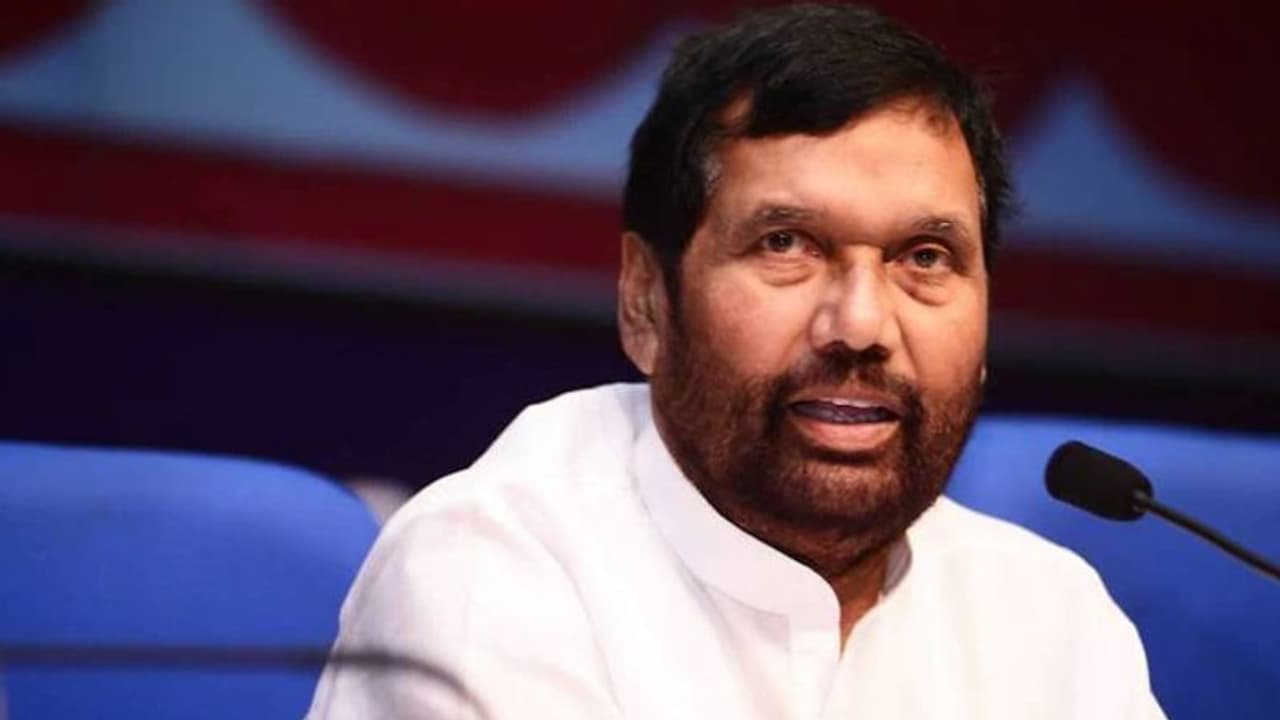Ram Vilas Paswan was a skilled strategist who remained in power with 6 Prime Ministers. He rebelled against his guru for the sake of ambition and compromised with ideology. His return to NDA in 2014 was a proof of his political understanding.
Patna: Ram Vilas Paswan’s political career was full of contradictions and incredible strategic decisions. There were many turning points in his journey, where he left behind decades-old relationships and ideologies for his ambition. It was this unmatched political wisdom that kept him in power with six Prime Ministers and made him immortal in politics.
The first major glimpse of his ambition came in 1986, when he rebelled against his political mentor Karpoori Thakur. Thakur was his mentor, with whom Paswan had worked for years. When Lok Dal got a Rajya Sabha seat from Bihar, Paswan expected that Thakur would give him that seat, but that did not happen.
Paswan considered this an insult and rebelled against the party, accusing Karpoori Thakur of being ‘anti-Dalit’. He even accused him of working at the behest of Rajiv Gandhi. It was a big political risk to make this allegation on a leader who was a symbol of honesty like Karpoori Thakur. Although the rebellion got him suspended from the party, it made it clear that Paswan’s priority was his personal ambitions and his dream of making his own mark at the national level, above any personal relationships or devotion to his Guru.
His second major conflict in Bihar politics was with Lalu Prasad Yadav in 1990. When Lalu Yadav was in the race to become the Chief Minister after the victory of Janata Dal, Paswan made every possible effort to stop him. He felt that if Lalu became the Chief Minister, his stature in Bihar politics would be diminished.
Paswan suggested to VP Singh that Ram Sundar Das from the Dalit community should be put forward for the post of Chief Minister, which would create social balance. His strategy failed in front of Lalu Yadav’s cleverness, and Lalu became the Chief Minister. This defeat caused huge political loss to Paswan in Bihar politics, after which he started fearing Lalu’s possible revenge on his Hajipur seat also.
In contrast, Paswan took the biggest strategic leap in his career when he appointed V.P. Singh, and played a central role in implementing the Mandal Commission. This proved to be the most decisive step of his life, which brought him to the center of national politics.
However, the biggest proof of his being a ‘meteorologist’ was found in 2014. After resigning from Atal Bihari Vajpayee’s government due to the Gujarat riots in 2002, he spent more than a decade with the Congress (UPA). But in 2014, sensing the wind of the country, he decided to join the Narendra Modi-led NDA, just before the elections. This was a decision that was based purely on political expediency rather than on their ideology. This decision ensured that even if the country’s politics changed, his ministerial berth would always be safe.
His journey from the flood-hit village of Khagaria to 12 Janpath is the story of a leader who turned down the job of DSP for principles, but was quick to rebel against his mentor and compromise with ideology to remain in power. Paswan’s understanding of politics was that change does not come from the margins, but from the center of power, and he did whatever he had to do to remain at this center.
